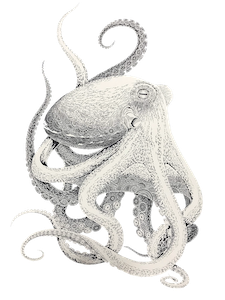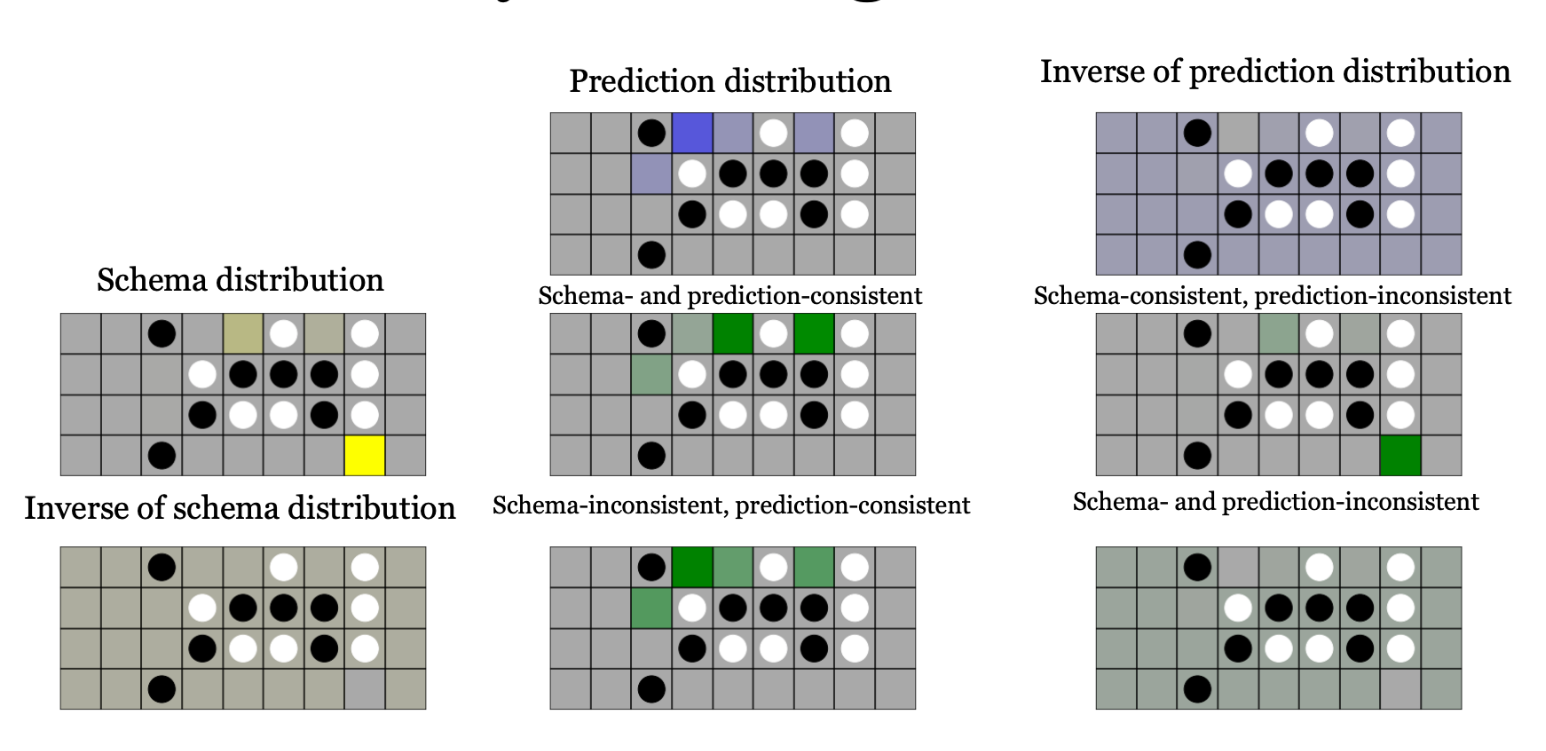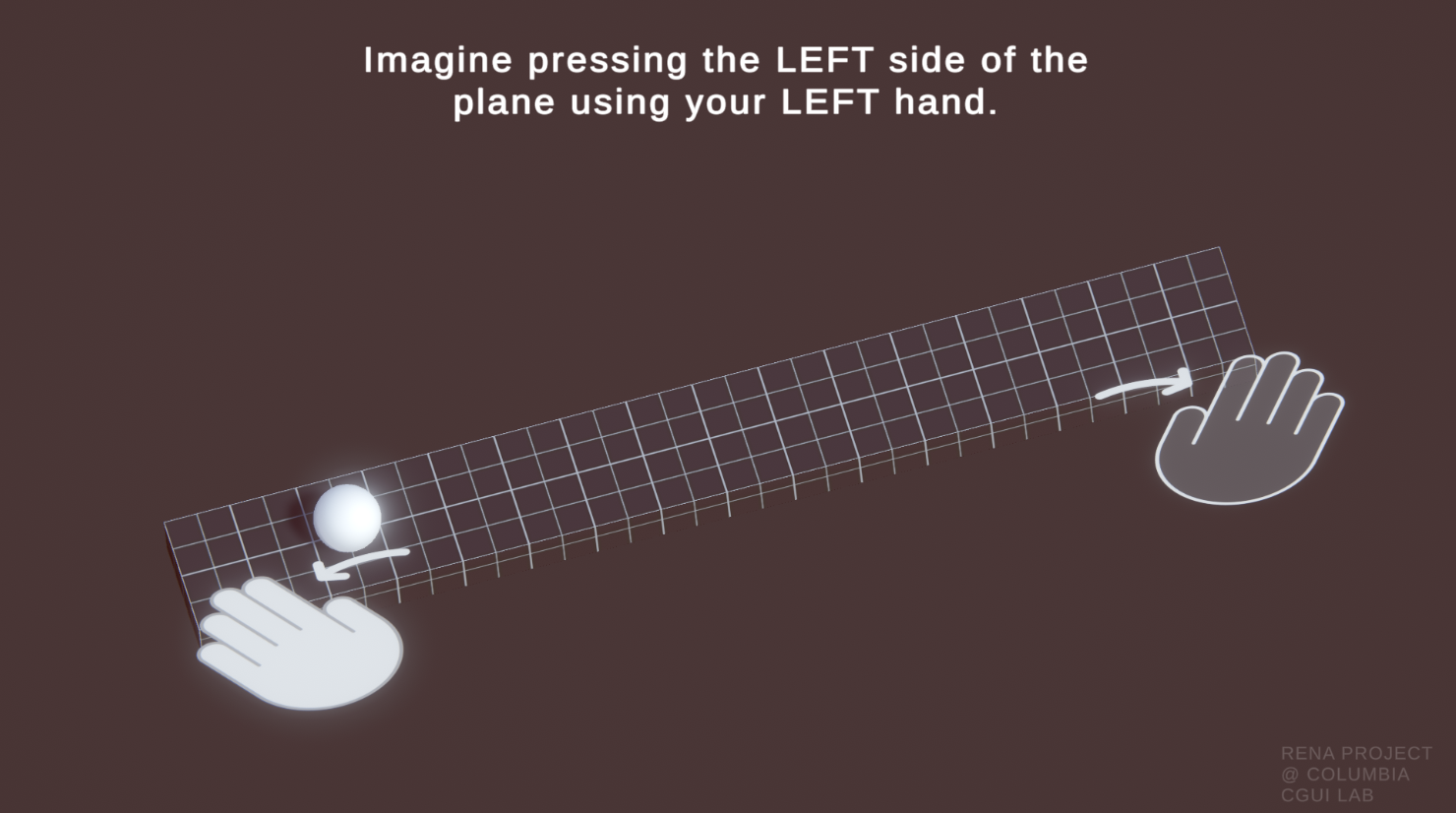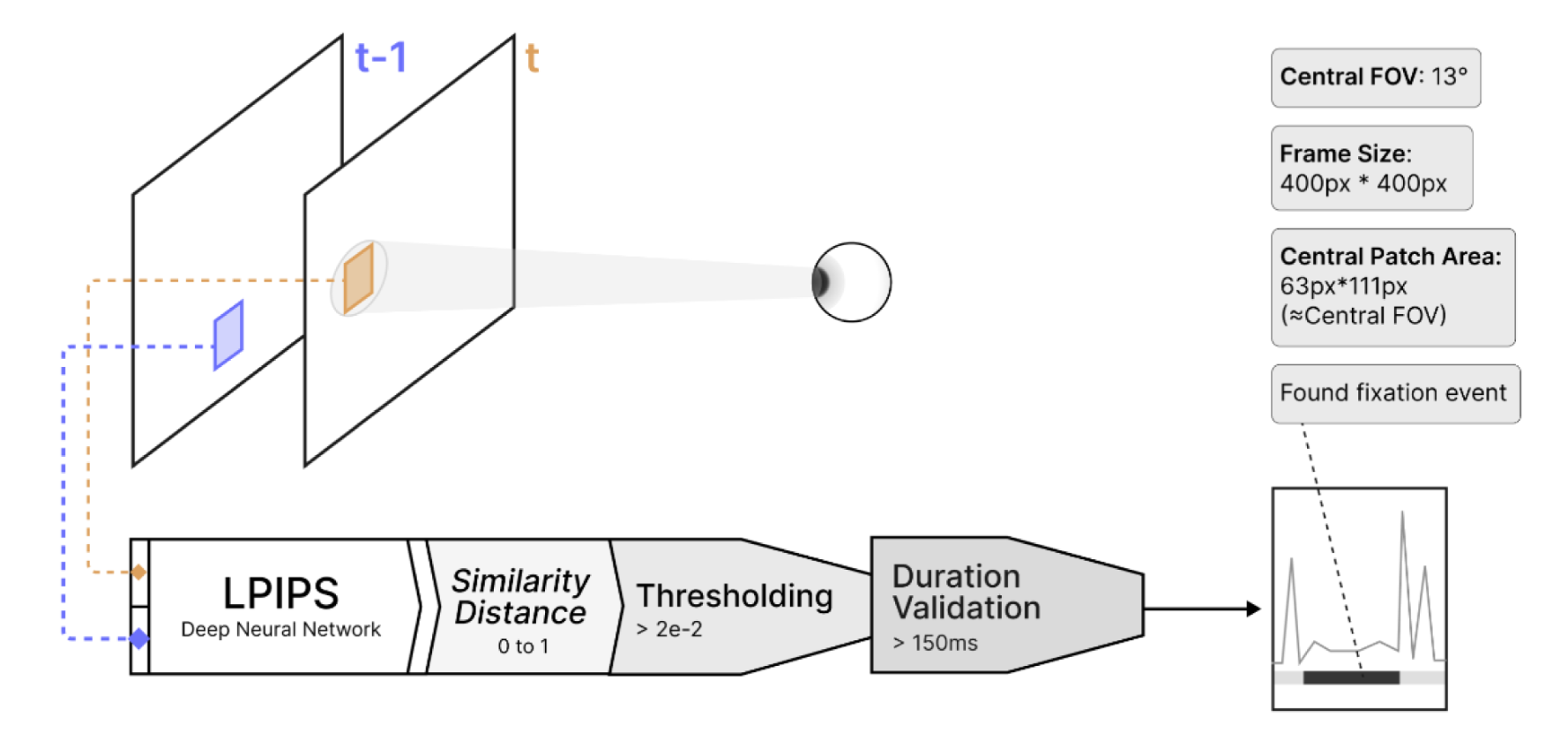Hi, I study how humans construct predictive knowledge from the streaming information of a dynamic world.
Broadly, my interests are:
Jiawen Huang, Hannah Tongxin Zeng, Eleanor Furness,
Morell-Jovan Kenmoe, Yifang Liu, Ronak Hasan Elias, and Chris Baldassano, “Making accurate prediction facilitates robust episodic memory formation beyond learned stimulus probability”
*Work In Progress.
Broadly, my interests are:
- Mental representations in game playing
- Prediction & prediction uncertainty
- Machine intelligence as models for human cognition
| Projects
| Publications
Rothkopf, Raven, Angel Leyi Cui, Hannah Tongxin Zeng, Arya Sinha, and Mark Santolucito. "Towards the Usability of Reactive Synthesis: Building Blocks of Temporal Logic." Plateau Workshop, 2023.Jiawen Huang, Hannah Tongxin Zeng, Eleanor Furness
Morell-Jovan Kenmoe
*Work In Progress.
CV
→ download CV
Education
BSc in Cognitive Science, 2020-2024Barnard College of Columbia University
Research Experience
|| 2022-2023
Dynamic Perception and Memory Lab ↗
Columbia Psychology
We look at the creation of event and event boundaries out of streaming real world data like music and games, and how reliable structures are extracted from events to aid prediction.
Programing Languages Lab ↗
Barnard Computer Science
P.I. Mark Santolucito
We make program synthesis creative and pedagogical.
Laboratory for Intelligent Imaging and Neural Computing ↗ Columbia Biomedical Engineering
P.I. Paul Sajda, P.I. Steven Feiner and PhD candidate Leo LiWe leverage emerging AI tools for making brain-computer interface research easier.
|| 2021–2022
Vision Lab ↗
Barnard Neuroscience
P.I. Prof. Alex White
We study how our eyes decide where and when to look at in a natural reading condition, even when words are transposed.
Certificate
Computational Neuroscience Track ↗ Neuromatch Academy ↗ , Aug 2021
→ download CV
Education
BSc in Cognitive Science, 2020-2024Barnard College of Columbia University
Research Experience
|| 2022-2023
Dynamic Perception and Memory Lab ↗
Columbia Psychology
We look at the creation of event and event boundaries out of streaming real world data like music and games, and how reliable structures are extracted from events to aid prediction.
Programing Languages Lab ↗
Barnard Computer Science
P.I. Mark Santolucito
We make program synthesis creative and pedagogical.
Laboratory for Intelligent Imaging and Neural Computing ↗ Columbia Biomedical Engineering
P.I. Paul Sajda, P.I. Steven Feiner and PhD candidate Leo LiWe leverage emerging AI tools for making brain-computer interface research easier.
|| 2021–2022
Vision Lab ↗
Barnard Neuroscience
P.I. Prof. Alex White
We study how our eyes decide where and when to look at in a natural reading condition, even when words are transposed.
Certificate
Computational Neuroscience Track ↗ Neuromatch Academy ↗ , Aug 2021




